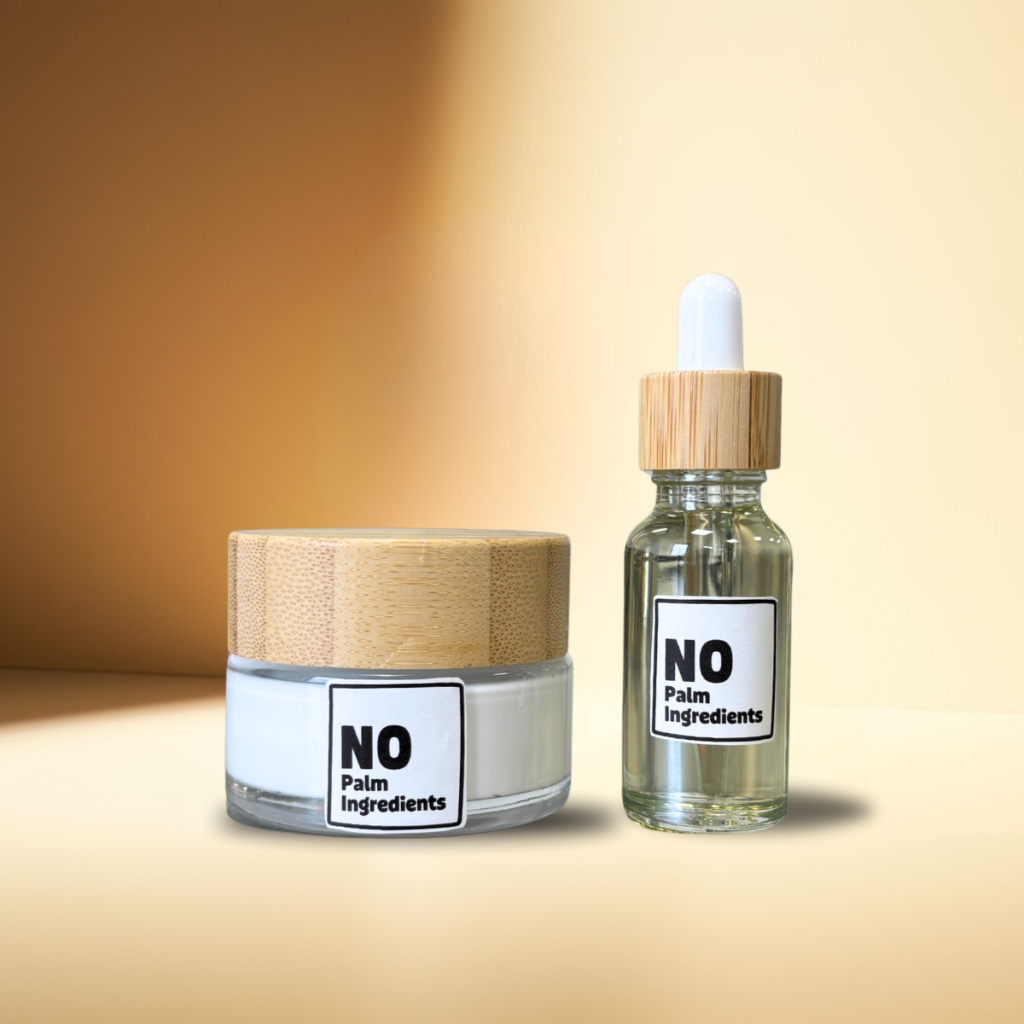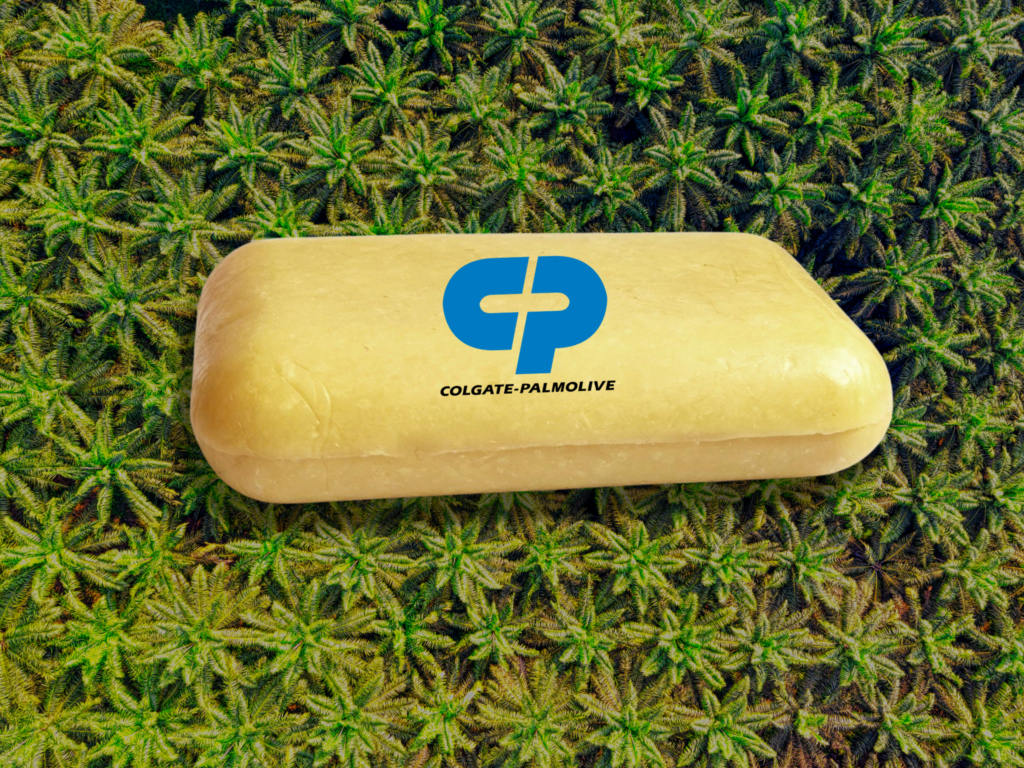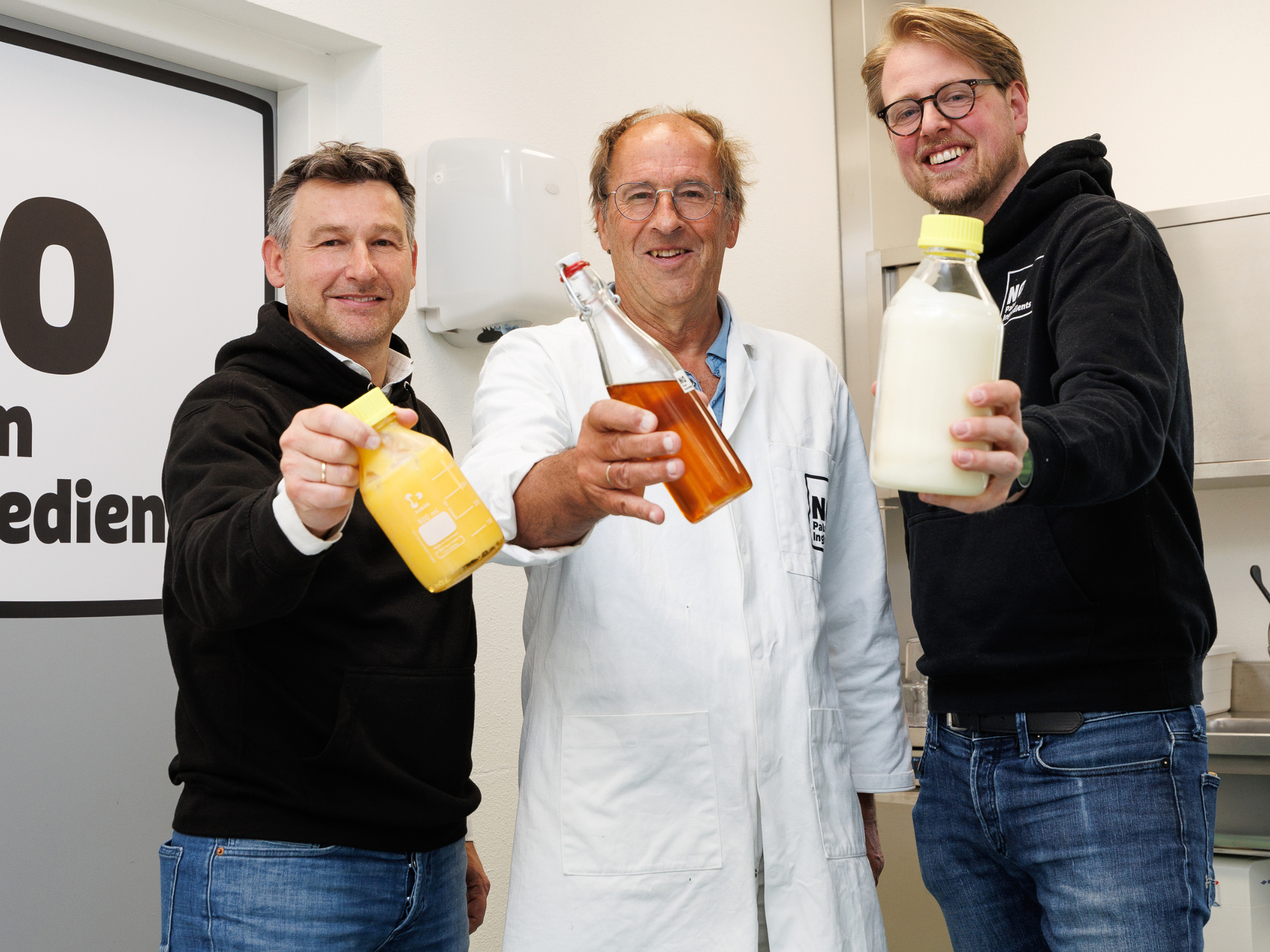Regulatory & Price Pressure Makes Palm Oil Alternatives A ‘Necessity’, Says CEO
5 Mins Read
NoPalm Ingredients, a Dutch producer of sustainable yeast-derived fats, has rolled out a new brand amid its scale-up process, with its CEO arguing that palm oil substitutes are critical now.
Smarter, circular alternatives to problematic fats like palm oil are “no longer a niche”; rather they are “a necessity”. That’s according to the head of one startup at the forefront of this shift.
“Fats are critical for product performance – texture, taste, nutrition in food, and skin feel and stability in beauty,” says Lars Langhout, co-founder and CEO of NoPalm Ingredients. However, the way we produce them “has a massive impact on sustainability, especially scope 3 emissions”.
“Global demand for vegetable oils keeps rising, but supply is hitting limits – think palm oil diverted to biofuels or disruptions from geopolitical tensions. Price volatility and regulatory pressure, like the EU deforestation regulation, are pushing the industry to act.”
Indeed, while two-fifths of all oil produced is palm oil – present in half of all supermarket items – the industry is a driver of rampant deforestation in the planet’s tropical zones and has been directly linked to wildfires in Indonesia. Not to mention, palm oil production is a threat to wildlife and human rights, with Indigenous communities losing their lands and workers being exploited with poor conditions and pay.
Replacing palm with other vegetable oils isn’t a good solution either, as doing so could have unintended climate consequences. This is where startups like NoPalm Ingredients come in – the company’s yeast-derived, upcycled alternative generates 90% fewer emissions and requires 99% less land.
Following the launch of Revóleo, a new brand for NoPalm food and beauty customers, Langhout says it is graduating from mere startup to “a scale-up”.
Revóleo: the ‘next step’ for NoPalm Ingredients

“Over the past three years, NoPalm Ingredients built strong recognition as a bold challenger brand. But this journey has shown us something bigger: it’s not just about what we replace – it’s about what we create. Revóleo is our next step,” says Langhout.
“It marks our transition from a pioneering startup to a scale-up ready to lead. It captures our mission and commercial ambition: to set a new standard in sustainable oils and fats production.”
The ‘Rev’ in ‘Revóleo’ stands for “revolution, but also resilience, and repurpose” – a nod to the startup’s use of agricultural byproducts as feedstocks. “‘Óleo’ is oil, the heart of our innovation. ‘Leo’ signals bold leadership,” he explains. “Revóleo redefines how oils and fats are made: smarter, cleaner, circular.”
NoPalm Ingredients’s proprietary fermentation process uses non-GMO yeasts and low-capex technology to convert local food industry waste (like potato peels and whey permeate) into sustainable fats. These oils can be a “drop-in” replacement for palm oil – it costs the same, and manufacturers don’t need to reformulate their recipes.
“Sidestreams are at the core of our model. Unlike many peers, we use 100% agrifood side streams, even at industrial scale,” says Langhout. “Our yeast is flexible, but we’ve prioritised three feedstocks based on feasibility and scalability. For example, we’ve partnered with Lamb Weston EMEA to upcycle their potato peels.”
NoPalm Ingredients teases ‘nutrient-dense’ ingredient

Under the new brand, it is offering two products. The first, Revóleo Soft, is a beige, semi-solid microbial oil meant to replace palm oil, cocoa butter, or milk fat across confectionery, bakery items, and plant-based meat and dairy.
The second is called Revóleo Silk. Langhout describes this as a “luxurious soft butter for cosmetics and personal care”, delivering smoothness, spreadability, and natural shine to products like body lotions, hair conditioners, colour cosmetics, and soaps.
“We’re building a portfolio designed to scale – high-quality, circular, and performance-ready,” he says. “Today, we run a 400-litre fermentation-scale pilot line and use external partners to produce industrial-scale samples. By 2026, we’ll launch our first demonstration factory to supply our first commercial volumes – with more than 1,000 tons per year at full ramp-up.”
The CEO notes that NoPalm Ingredients’s yeast platform has “more to offer” in parallel to the Revóleo lineup. “We’re advancing a nutrient-dense ingredient that leverages the unique composition and benefits of our yeast – rich in protein, fibre, fat and naturally functional,” he outlines.
“This ingredient bridges sustainability, functionality, and nutrition, with potential across animal nutrition, food, and nutraceuticals. It’s the next chapter in our mission to transform how ingredients are made.”
Industry giants clamour for palm oil alternatives

The company, which has raised $6.5M to date, has already attracted several industry giants with its technology. “We’ve built strong ties with leading FMCG players – several of whom remain confidential, though collaborations with Unilever and Zeelandia have already gone public.”
Last month, it struck a deal with Colgate-Palmolive to scale up production of its oil for use in a soap bar, building on a pilot project the two companies completed in 2023. The current formulation may still contain certain additives or derivatives of palm origin, though the goal is to create an entirely palm-free product.
“We’ve partnered with bold industry challengers like Those Vegan Cowboys, who used our yeast-based fat to create the world’s first animal-free camembert with microbial fat,” adds Langhout, teasing “more announcements” as other commercial projects move forward.
“While 2024 wasn’t about product revenue yet, it was commercially strong – with co-funded partnerships and pilot programs validating our tech,” he says. “2025 is all about launch readiness.”
There are numerous companies working on palm oil alternatives. C16 Biosciences‘s Palmless Torula oil was part of a soap co-launched by Pangaia and Haeckels in 2023, while Clean Food Group‘s bread-waste-based innovation is being used to make beauty and personal care products for THG.
Others disrupting the $70B palm oil space include Palm-Alt (UK), Äio (Estonia), Time-Travelling Milkman (Netherlands), and Kiverdi (US).



